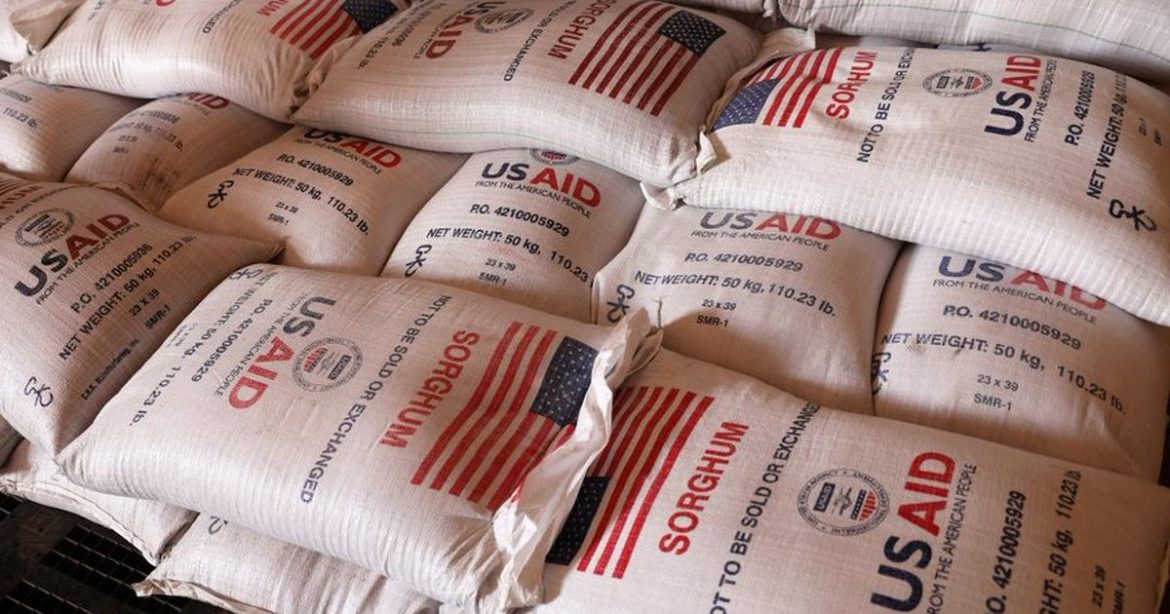By Muhammad Amaan
The United States Agency for International Development (USAID) said the United States Government has unveiled its new Global Food Security Strategy Country Plan for Nigeria.
Melissa Jones, Mission Director, USAID, who disclosed this at the “1st Post-harvest Connect Conference and Exhibition” in Abuja, said the plan was unveiled in March.
Jones said the plan was in tandem with President Joe Biden’s commitment to improve food security in Nigeria.
The conference was organised by the Nigerian Stored Products Research Institute (NSPRI) in collaboration with the Federal Ministry of Agriculture and Food Security (FMAFS), Agricultural Research Council of Nigeria (ARCN), among others.
Jones said the new strategy prioritised the value chains of rice, maize and horticulture in six states of Kaduna, Kano, Nasarawa, Plateau, Sokoto and Zamfara.
According to him, the programme builds on previous achievements and lessons learned; prioritises inclusive participation, value chain, climate adaptation and private sector engagement.
The director said USAID looked forward to partnering with the Nigerian Government specifically the NSPRI to advance the technology and infrastructure needed to reduce post-harvest losses in Nigeria.
Jones identified the conference as timely in view of the growing food insecurity coupled with a food price inflation rate of over 40 per cent and a rise in the overall cost of living.
He decried that the rise in cost of living had brought untold hardship to millions of the populace that could not afford basic staples.
“Currently, Nigeria post-harvest losses are almost 50 per cent for fresh produce.
“It is critical that we all come together to focus on ensuring that the hard work of farmers is not lost in post-harvest and passes to the consumers who are in need,” Jones said.
Prof. Garba Sharubutu, Executive Secretary, ARCN, identified one of the major problems in the country as concentrating all efforts on food production and neglecting post-harvest activities.
According to him, the conference is the beginning of sensitising the public, government and farmers to the need to actually look at post-harvest activities.
The theme of the conference was “Scaling Appropriate Post-Harvest Solutions for Sustainable Food and Nutrition Security.”




